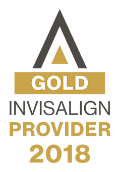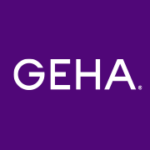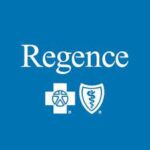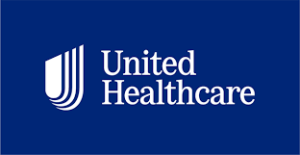Do You Have Sleep Apnea?
Do you often wake up feeling exhausted despite a full night’s sleep? Are you or a loved one experiencing symptoms like loud snoring, gasping for air, or daytime fatigue? These could be signs of sleep apnea, a common yet serious sleep disorder affecting millions nationwide. If you’re in Tacoma, WA, or nearby areas like Lakewood, Puyallup, or Gig Harbor, it’s time to take control of your sleep health with a sleep study.
At Petrie Advanced Dental, we’re committed to helping you achieve restful nights and improved overall health. Call us today at (253) 761-5422 to schedule your consultation and take the first step toward better sleep.
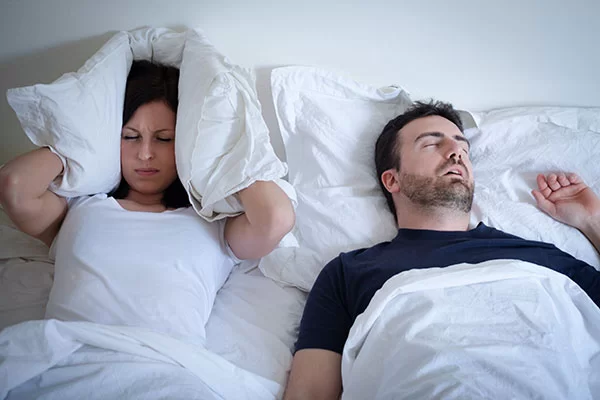
What Is Sleep Apnea?
Sleep apnea is a sleep disorder characterized by repeated pauses in breathing during sleep. These interruptions, known as apneas, can occur dozens of times per hour, disrupting your sleep cycle and leading to serious health complications if left untreated. There are two primary types of sleep apnea:
- Obstructive Sleep Apnea (OSA): The most common form, OSA occurs when the throat muscles relax excessively, blocking the airway.
- Central Sleep Apnea (CSA): A less common type, CSA happens when the brain fails to send proper signals to the muscles that control breathing.
Untreated sleep apnea can lead to high blood pressure, heart disease, and even neurological disorders. Early diagnosis and treatment are crucial for improving your quality of life.
What Is a Sleep Study?
A sleep study (or polysomnography) is a non-invasive test used to diagnose sleep disorders like sleep apnea. It monitors your brain activity, breathing patterns, heart rate, oxygen levels, and body movements during sleep. This data helps sleep specialists identify abnormalities and create a personalized treatment plan.
Types of Sleep Studies
Some common types of sleep studies include:
- Diagnostic Sleep Study (Polysomnography): Conducted in a sleep clinic, this comprehensive test monitors multiple body functions, including brain waves, eye movements, and muscle activity.
- Split-Night Sleep Study: If severe sleep apnea is detected during the first half of the night, CPAP therapy (Continuous Positive Airway Pressure) may be initiated in the second half.
- Home Sleep Apnea Test: A convenient option for diagnosing obstructive sleep apnea, this portable test monitors fewer parameters but is ideal for patients who prefer the comfort of their own home.
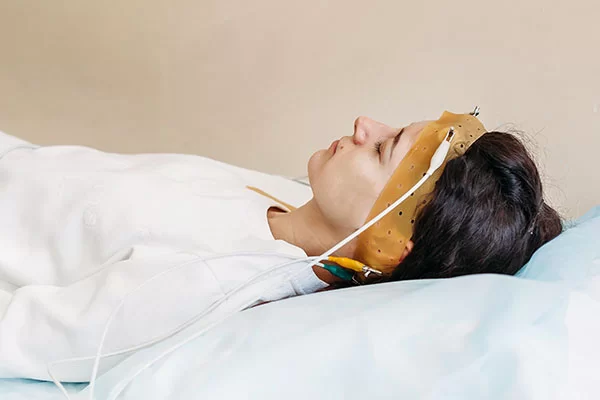
The Sleep Study Process in Tacoma, WA
Wondering what to expect during a sleep study? Here’s a step-by-step guide:
- Consultation and Preparation: Your journey begins with a consultation at Petrie Advanced Dental in Tacoma. Dr. Arvind Petrie will review your symptoms, medical history, and sleep concerns before referring you to a trusted sleep specialist in the area.
- Study Setup: At the sleep clinic, a sleep technologist will attach sensors to your scalp, chest, and legs to monitor brain activity, heart rate, and leg movements. A pulse oximeter will measure your blood oxygen levels, and sensors near your nose and mouth will track your breathing rate.
- Bedtime Routine: You’ll sleep in a private, comfortable room designed to mimic your home environment. The technologist will ensure all equipment is functioning properly and address any concerns.
- Data Collection: Throughout the night, the technologist will monitor your sleep stages, breathing patterns, and oxygen levels. This data is crucial for identifying disruptions in your normal sleep patterns.
- Morning Evaluation: After the study, the sensors are removed, and you’ll have a follow-up visit to discuss the results. If sleep apnea is diagnosed, Dr. Petrie will recommend treatment options tailored to your needs.
Common Sleep Disorders Diagnosed With Sleep Studies
Sleep studies can diagnose a variety of sleep disorders, including:
- Sleep Apnea: Repeated pauses in breathing during sleep.
- Insomnia: Difficulty falling or staying asleep, often linked to restless legs syndrome or other conditions.
- Narcolepsy: Excessive daytime sleepiness and sudden muscle weakness.
- Parasomnias: Abnormal behaviors during sleep, such as sleepwalking or night terrors.
Frequently Asked Questions
How many hours of sleep are needed for a sleep study?
A standard sleep study typically requires seven to eight hours of sleep to monitor a full sleep cycle. However, shorter studies may be conducted depending on your specific needs.
Can I take my regular medications before a sleep study?
Discuss your medications with your doctor beforehand. Some medications, like sedatives or sleep aids, can interfere with the results.
How much does a sleep study cost?
The cost of a sleep study ranges from $500 to $10,000, depending on factors like insurance coverage and whether it’s conducted at home or in a sleep clinic.
From Restless Nights to Peaceful Slumber
If you’re struggling with sleep issues, don’t wait to seek help. A sleep study can uncover the root cause of your symptoms and pave the way for effective treatment. Whether you’re in Tacoma, Lakewood, Puyallup, or surrounding areas, Petrie Advanced Dental is here to guide you every step of the way.
Call us today at (253) 761-5422 to schedule your consultation. Your journey to better sleep and improved health starts now!

